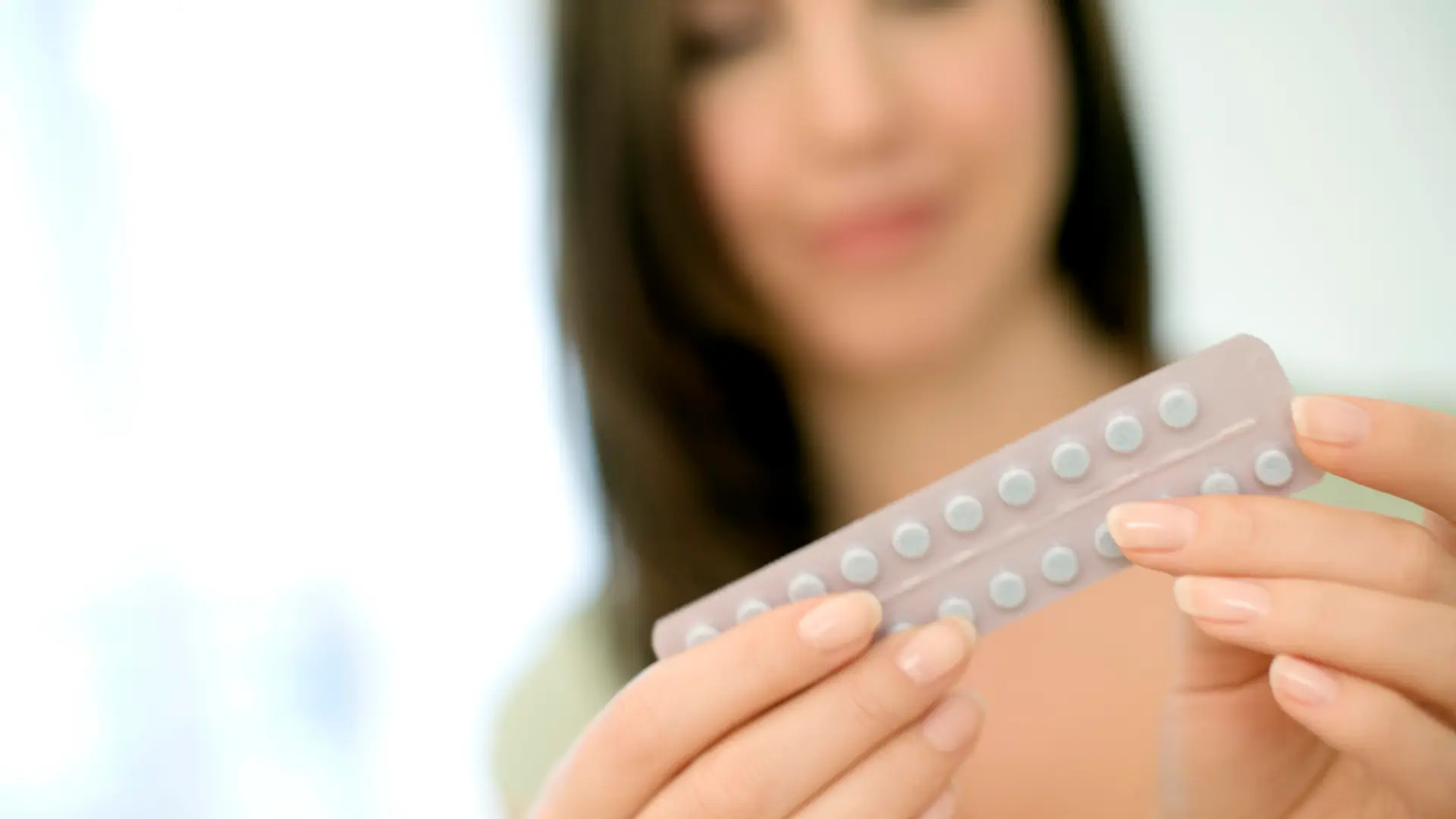Find out about the different methods of contraception (to prevent pregnancy) available on the NHS, plus where to get them and how to decide which method suits you. Including emergency contraception (the morning after pill, and IUD).
OVERVIEW
WELCOME TO THE CONTRACEPTION GUIDE
“Where can I get contraception?” “Which method of contraception suits me?” “I’m under 16 – can I get contraception?” Whatever questions you have about getting and using contraception, this guide can help. It aims to give practical information to everyone who wants to know more about contraception, or who may have a question about the method they use or are thinking about using. You can find out about the different methods available on the NHS, together with where to get them and how to decide which method might work best for you.
FINDING YOUR WAY AROUND
If you’re viewing this page on a computer screen, use the blue tabs at the top of the page to see a full menu for each section of the contraception guide. If you can’t find what you’re after, try the search box at the top of the page – it covers everything on the NHS website. If you’re viewing this on a mobile device, use the blue sections at the top of the page and you’ll see a list of all the topics covered in this guide.
POPULAR SUBJECTS AND PAGES
You can start by finding out about the methods of contraception you can choose from, including how they work, who can use them and possible side effects.
These methods are:
- caps or diaphragms
- combined pill
- condoms
- contraceptive implant
- contraceptive injection
- contraceptive patch
- female condoms
- IUD (intrauterine device or coil)
- IUS (intrauterine system or hormonal coil)
- natural family planning (fertility awareness)
- progestogen-only pill
- vaginal ring
There are 2 permanent methods of contraception:
- female sterilisation
- male sterilisation (vasectomy)
You can also read about emergency contraception, which can be used after unprotected sex or if your normal method of contraception fails. You can also find out about:
- how effective contraception is
- how effective emergency contraception is
DECIDING WHICH METHOD SUITS YOU
Which method works best for you depends on a number of factors, including your age, whether you smoke, your medical and family history, and any medicines you’re taking. Find out more in Which method suits me?
WHERE YOU CAN GET CONTRACEPTION AND EMERGENCY CONTRACEPTION
Contraception is free on the NHS. Find out where to get contraception and search by postcode to find: GPs near you sexual health clinics near you pharmacies near you You can also find out where to get emergency contraception – the “morning after pill” or the IUD (coil). Getting contraception during coronavirus If you need contraception, call your GP surgery or a sexual health clinic as soon as possible. Only go in person if you’re told to. You’ll usually have a phone or video consultation. You’ll get an electronic prescription you can use to collect your contraception from a pharmacy or get it delivered. It can take longer to get contraception at the moment and some types are not widely available. You’ll be told about other types you can use if you’re unable to get the type you want. See Faculty of Sexual and Reproductive Healthcare: advice for women seeking contraception during the COVID-19 epidemic.
COMMON QUESTIONS ABOUT CONTRACEPTION
Get answers to some common questions about getting and using contraception, including: what to do if you’re on the pill and you’re sick or have diarrhoea using contraception after having a baby when your periods will come back after stopping the pill whether you can get a sterilisation reversal on the NHS There are more questions and answers if you use the blue tabs at the top of the page under the section “Worries and questions” and “Questions about the pill”.
